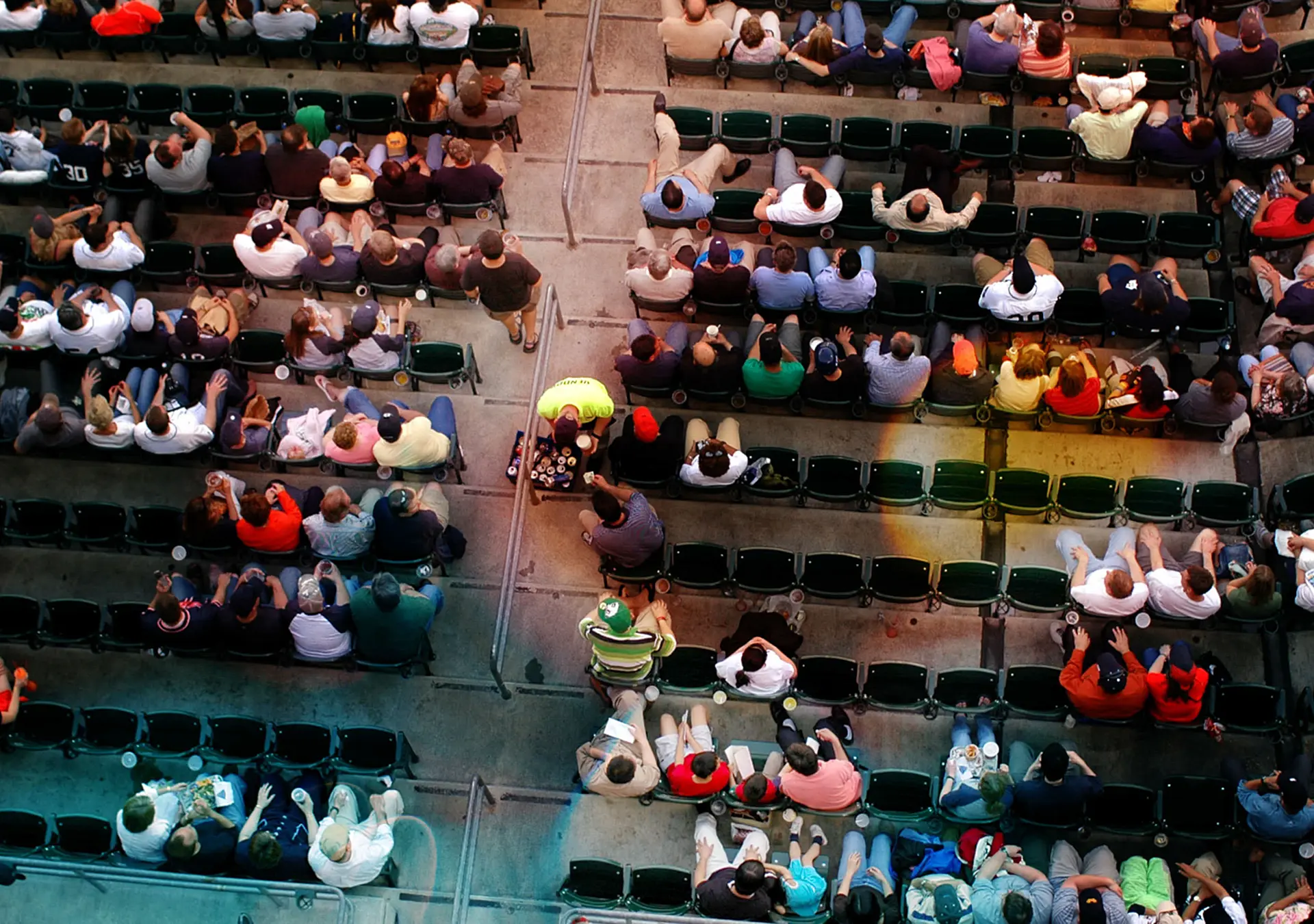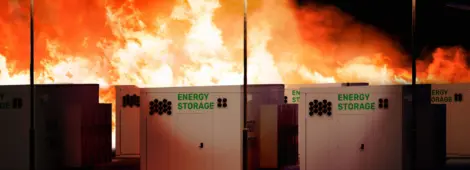
On the Eve of Another U.S. Election Cycle: The Critical Security Implications of Event Planning
by Jeff Chumbley
As the 2022 election cycle kicks into high gear, emotions in the U.S. run high, bad behavior is rising, and violence is becoming more commonplace. If your job is to plan events and gatherings, or if your organization owns the location or facility that will host a rally, conference, concert or sports competition, security needs to be a strategic priority. The security-related risks are elevated this year, and your event security planning and preparations must be equally robust.
A Nation Wrestling With Cultural And Political Divisiveness
Consider a few of the strategic forces shaping and reflecting individual attitudes, behaviors, and actions of Americans at both national and local levels:
+ Political ads, some of them viewed as incendiary.
+ The Supreme Court decision in Dobbs v. Jackson Women’s Health Organization, reversing Roe v. Wade and triggering a national wave of both celebrations and protests.
+ Protests for and against LGBTQ rights are on the rise. In Coeur d’Alene, Idaho, police recently arrested 31 members of a white supremacist group intending to start a riot at the city’s Pride parade.
+ Targeted attacks are increasing, such as the politically motivated threat to Supreme Court Justice Brett Kavanaugh, the racially motivated killing of ten Black people at a Buffalo supermarket, the murder of a Tulsa surgeon and three other people by a patient.
+ Eighteen percent of U.S. households purchased a firearm between March 2020 and March 2022, increasing the number of Americans living in homes with guns to 46%.
In light of these events and the upcoming midterm elections, the Department of Homeland Security has warned of a “heightened threat environment” that could become “more dynamic” in the near future. What does this mean for large-scale events, specifically those that are political, such as rallies, conferences and conventions?
Special Event Security: Far More Than The Basics
We look for pockets of strength whenever we conduct a special event security assessment. It’s often in one technical arena or another. The entity may have recently implemented a best-in-class access control system or new screening capabilities, such as up-to-date magnetometers. They may do a very good job backgrounding their in-house security personnel or liaising with police, fire, and other first-responders.
But security is only as good as the weakest link. Great intrusion detection capabilities aren’t worth much if video surveillance cameras are out-of-date, or if event-day personnel aren’t sufficiently staffed to respond to a large-scale incursion or incidents at multiple entrance points.
Three Strategic Security Competencies Most Organizations Can Improve
Nearly every time we conduct these assessments, we find significant deficits or gaps in three areas – competencies that are more critical now than ever as we approach election-related turbulence.
1. Strategy and Planning: Your security plan and activities should be risk-driven, not reactive or based on rationales like “that’s the way we’ve always done it.” It should also be outcome-focused, measurable and articulated so that your many “consumers” can understand and act on its parameters.
2. Integration: Security program efficacy is driven not just by strategy and security team structure, but also by people, processes and technology. The trick here is that these components must be tightly integrated.
3. Training: Most plans sit on the shelf. Crises emerge or worsen when teams don’t know what to do and work against each other. What matters is turning your strategy into action. Everyone with a key role in your security should be heavily and continuously trained.
Suppose you place these three core capabilities highest in your list of priorities. In that case, your many security tactics can be accommodated holistically — like your alcohol use policy, loading dock controls, anti-drone protocols, security operations center procedures, pandemic safety measures, pre-event threat intelligence and open-source monitoring, and long-distance counter-sniper capabilities. The list goes on.
Get Your Security House In Order
You can almost always tighten up security, and you’ll never get heat for doing too much. Remember, you’re not alone. Best-in-class, special-event security practices are getting updated daily by proactive producers and operators of venues, from concert halls and playing fields to public spaces and conference centers. You just have to understand these and take a strategic approach to implement them. Don’t wait too long. Today is not too soon to take action. Learn more about how Jensen Hughes can assist with special event security for your organization.












